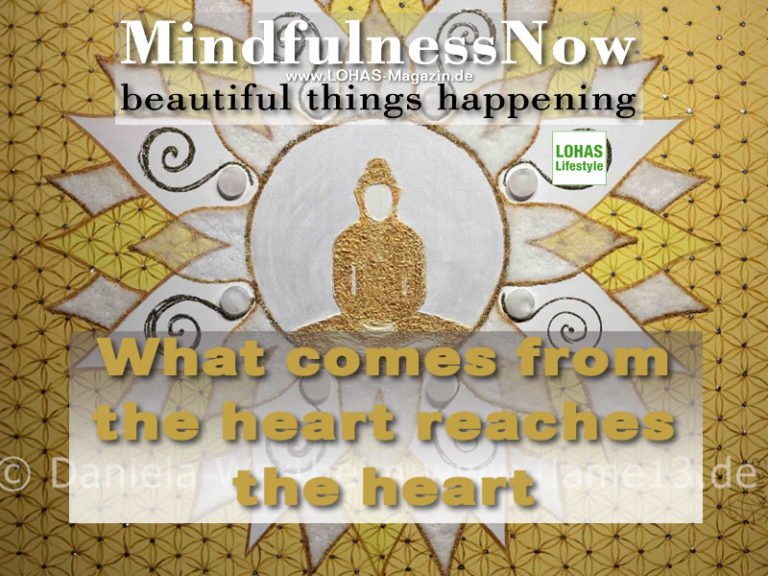Mindfulness is an integrative, mind–body-based approach that can help you manage your thoughts and feelings, and change the way you relate to experiences. It is becoming widely used in a variety of ways and contexts, including as a preventative practice for people with experience of recurrent depression.
The practise of Mindfulness helps/teaches us to pay attention to the present moment without judgement, using techniques like meditation, breathing, and yoga. Training helps us become more aware of our thoughts, feelings, and body sensations so that instead of being overwhelmed by them, we’re better able to manage them. Practising mindfulness can give more insight into emotions, boost attention and concentration, and improve relationships.
Anyone can learn and practise mindfulness; children, young people and adults can all benefit. It’s simple, you can practise it anywhere and the results can be life-changing. There are different ways to develop an understanding of, and how to practise mindfulness in daily life. It can be practised in person, either through a group course or one-to-one with a trained mindfulness coach. There are online courses, books and audio too, where you can learn through self-directed practice at home. Even though mindfulness is understood to have Buddhist origins, you don’t need to be religious or spiritual to practise mindfulness.
Recommended by NICE.
Mindfulness-Based Stress Reduction aims to address prolonged periods of stress which can lead to poor mental and physical health.
Mindfulness-Based Stress Reduction can be helpful as a single treatment to manage stress in individuals who do not experience mental ill health, as well as a joint intervention with other treatments for people who have symptoms of anxiety (W R Marchand, “Mindfulness-Based Stress Reduction, Mindfulness-Based Cognitive Therapy, and Zen Meditation for Depression, Anxiety, Pain, and Psychological Distress”, Journal of Psychiatric Practice, 2012). This approach incorporates different techniques, including meditation, gentle yoga and mind–body exercise. It has been developed and studied since the 1970s for its impact on mental health, and has shown to reduce anxiety levels by 58%, and stress by 40%. Research into individuals with “problematic” levels of stress found significant improvement in perceived levels of stress over the course of the intervention (A Krusche et al, “Mindfulness online: an evaluation of the feasibility of a web-based mindfulness course for stress, anxiety and depression,” British Medical Journal 2013). The findings of this research were consistent with other studies, showing that changes in mindfulness “precede changes in perceived stress” (RA Baer et al, “Weekly change in mindfulness and perceived stress in a mindfulness-based stress reduction program”, Journal of Clinical Psychology, 2012).
The Mental Health Foundation believes that everyone has a right to good mental health and we commit ourselves to working for this right to become a reality.
The Be Mindful Online course




